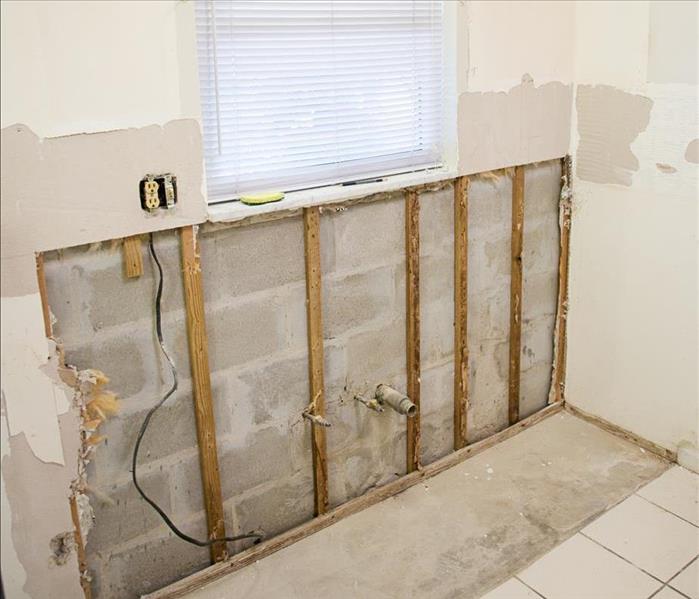3 Things You Should Know About Mold and Your Insurance Policy
5/23/2019 (Permalink)
A Few Important Mold Questions and Their Answers
Mold is a common problem in many buildings. If you have noticed a fungus growth in your Harrisonville, MO home, you may be wondering what you should do about it. Will your insurance cover the costs of removal? The answer to this can vary depending on your circumstances. Here are a few important mold questions and their answers.
1. When Does Insurance Cover Mold?
In many cases, your insurance policy will not include mold, but there are some exceptions. In situations where it is clear that the growth of mold was caused by a covered peril, then the costs to remove the damage will likely be covered. This can include instances when mold is the result of leaks caused by ice buildup, damage from a broken pipe and accidents involving broken appliances. Some companies also offer added mold insurance policies for an additional price.
2. When Is Mold Not Covered?
Unfortunately, your standard homeowners insurance will more than likely exclude most mold coverage. Unless it was caused by a covered peril, you will be required to pay the costs of a mold remediation service on your own. Disasters such as floods are often not included in standard policies, so mold that is the result of a flood will not be covered. It can sometimes be difficult to receive coverage for mold if your home has a history of fungal growth.
3. How Can You Prevent Mold?
Because getting rid of a fungus growth can be costly, it is better to prevent one from occurring. You can do this by limiting the moisture in your home. Make sure to keep appliances and plumbing fixtures dry. You can lower the humidity by using exhaust fans and opening windows in kitchens and bathrooms. Always fix leaks as soon as possible and clean your home regularly.
While it is unlikely that your insurance will cover a fungus growth, this is not always the case. Be sure to read over your policy carefully so you know exactly what is included. Creating an unsuitable environment for mold in your home will help prevent the need for professional cleanup.



 24/7 Emergency Service
24/7 Emergency Service
